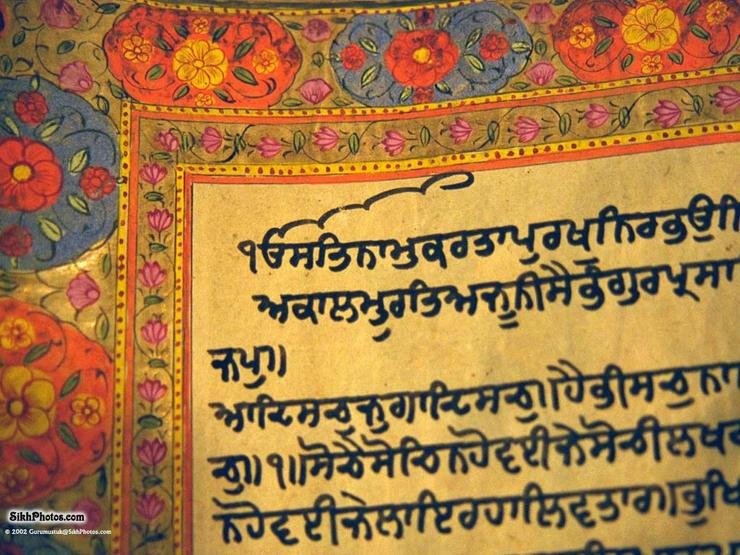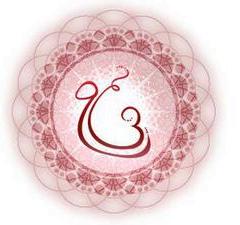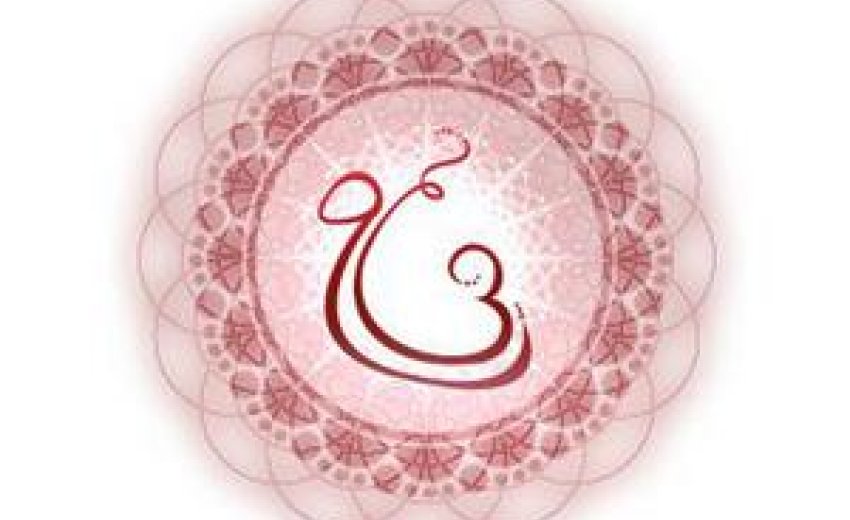
 With this formulation begins the Sikh scripture, Guru Granth. “Ik” is the Punjabi equivalent of the first primal number, the Arabic numeral “One” while “Oankar” comes to us from Sanskrit, the root of Indo-European languages and translates as the "creator/creation." The unmanifested creative power and the manifested universe are One. Nirgun (formless) and Sirgun (all created forms) are One.
With this formulation begins the Sikh scripture, Guru Granth. “Ik” is the Punjabi equivalent of the first primal number, the Arabic numeral “One” while “Oankar” comes to us from Sanskrit, the root of Indo-European languages and translates as the "creator/creation." The unmanifested creative power and the manifested universe are One. Nirgun (formless) and Sirgun (all created forms) are One.
This unique alphanumeric constructed by Guru Nanak, the founder of Sikhi, postulates one God, not a Jewish, Christian, Muslim, Hindu or Sikh God, but One that is common to all and embraces all creation.
A separate God for the adherents of each religion, race or a people then is a lower case god not worthy of worship.
If we can see the oneness in the creator and creation, there is then no room left for distinctions of race, caste, creed, gender, color or national origin. The Ultimate reality has no gender, form, race or color. To refer to God as uniquely “He” or “Him” reflects the paucity of language and its usage.
With Ik Oankar at the core of Sikhi, differences between “them” and “us” vanish. And then as the Guru Granth says, “I see no stranger.” There is only the One.
Ik Oankar, then, becomes the first and foremost teaching of Sikhism. Equality, liberty, fraternity and justice are inherent in it.
Since it encapsulates the entire Sikh worldview, one could argue that all else is commentary.
Ik Oankar occurs hundreds of times in the Guru Granth as well as in other writings on or about Sikhi and interpretations of Sikh theology and way of life. When we pronounce it, when we announce it, when we believe it, when we understand it, when we experience it and when we live it and share it, then all confusion, unhappiness, doubt and fear disappear.





